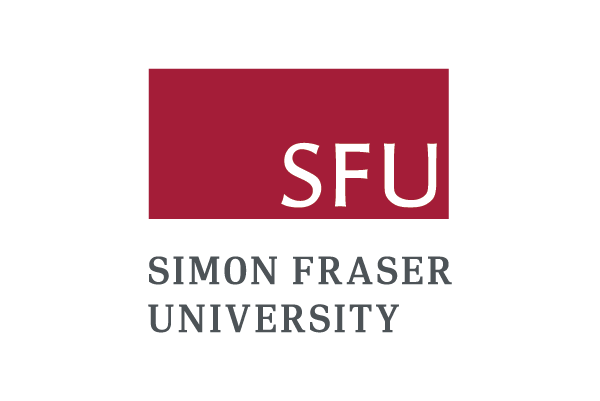April 8, 2025
A steady decline in Canada’s reading, science and math scores signals serious trouble ahead, according to a Simon Fraser University professor.
Canada still ranks in the top 10 of 81 countries participating in The Organization for Economic Co-operation and Development’s large-scale Program for International Student Assessment (PISA). But provinces need to act before our secondary school system falls below the average, says John Richards, professor emeritus at SFU’s School of Public Policy.
One province, Newfoundland and Labrador, has already slipped below the OECD average. If the trend continues, Canada will have the same mediocre public school system as in U.S., warns Richards, author of “The Case of the Boiling Frogs: Provincial Indifference to Declining Education Outcomes” published by the C.D. Howe Institute.
“We should be conscious of the fact that the United States has declined significantly in its secondary schooling. In math in particular, the U.S. ranks mediocre,” Richards explains. “So why is America losing its place in economic development? Part of it is mediocre public schooling.”
“You’re not going to have a well-functioning economy if the great majority don’t have at least secondary-level — and preferably some kind of post-secondary — education,” says Richards. “Education doesn’t have to be an academic path towards a PhD. Becoming a good carpenter, a good IT person, a good plumber: these are all important skills that are certainly not superficial, or easy.”
PISA is a robust survey conducted every three years to measure how well 15-year-old students can read, and answer math and science questions at reasonable secondary school levels.
Canada’s scores in all three were well above the benchmark score (500) when the PISA assessments began in 2000. Today, all three Canadian results are lower than initial scores.
There are some bright spots in Canada we can learn from, says Richards. To solve the math problem, provinces can look to Quebec, which has by far the best 2022 math result.
“Secondary-level teachers in Quebec are required to undertake roughly twice as many courses in math as is typical across Canada,” Richards explains. “Other provinces should be doing more of what Quebec is doing in terms of math training and trying to solve the ‘math phobia’ problem among would-be teachers.”
The highest high school completion rate is in B.C., where the province regularly assesses and publishes Indigenous student learning outcomes at the school district level. B.C.’s Indigenous results are not ideal but are probably better than the other provinces, notes Richards.
PISA was created by the OECD. The last assessment was postponed to 2022 in the year after the COVID-19 pandemic. PISA 2025 is currently underway in Canada, and results will be published in 2026.



